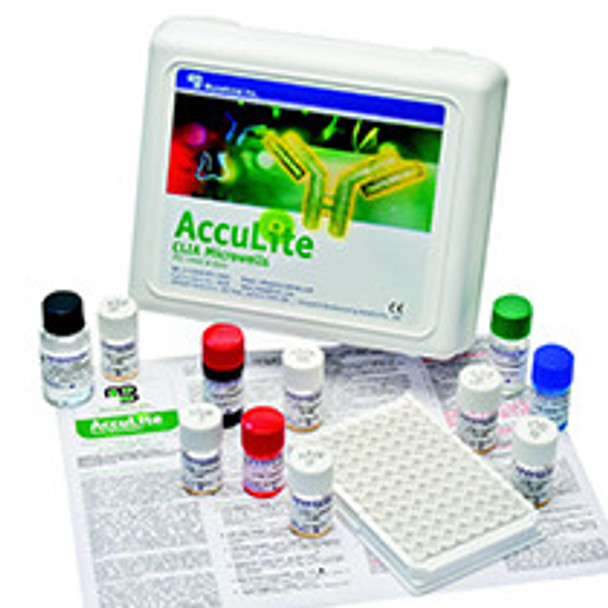Description
CA 19-9
Cancer Antigen 19-9 (CA 19-9) is a protein that exists on the surface of certain cells. CA 19-9 does not cause cancer; rather, it is a protein that is shed by the tumor cells, making it useful as a tumor marker to follow the course of the cancer.
CA 19-9 is elevated in most patients with advanced pancreatic cancer, but it may also be elevated in other cancers, conditions, and diseases such as colorectal cancer, lung cancer, gall bladder cancer, gall stones, pancreatitis, cystic fibrosis, and liver disease. Other causes of bile duct obstruction may also cause very high CA 19-9 levels, which fall when the blockage is cleared. It is often a good idea, if the bile ducts are blocked, to wait a week or two after the blockage is removed or treated to check CA 19-9 levels. If they are checked inititally, then it is a good idea to repeat the test after the blockage is removed or treated to see if the cause of the increased CA 19-9 was the tumor or the blockage itself. Very small amounts of CA 19-9 may also be found in healthy patients
Additional Information
Method: |
Enzyme Immunoassay, Chemiluminescence |
Principle: |
Sandwich Assay, Streptavidin-Coated Plate |
Calibrators: |
0, 10, 50, 100, 250, 500 U/ml |
Sample: |
25 µl |
Sensitivity: |
1.0 U/ml |
Reading: |
RLU’s |
Total Time: |
80 Minutes |
Shelf Life: |
18 Months |






